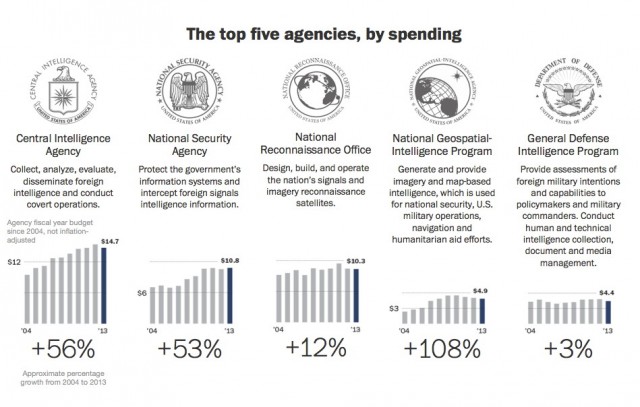By Lisa Twaronite
TOKYO (Reuters) - Asian stocks rose and oil prices tumbled as a
possible U.S. military strike on Syria appeared less likely, while the
dollar remained not far from a three-week high against a basket of
currencies after upbeat U.S. growth data.While most regional emerging market currencies scratched out gains on Friday, the damage for the month was extensive as investors positioned for the U.S. Federal Reserve to begin tapering its asset-buying stimulus as early as next month.
European markets could feel the pinch of weaker heavyweight energy shares, but are expected to be little-changed at the open after rallying on Thursday.
Financial spreadbetters expect Britain's FTSE 100 (.FTSE) to open down 6 points, to up 2 points; Germany's DAX (.GDAXI) to open down 2 to 11 points, or 0.1 percent lower; and France's CAC 40 (.FCHI) to open down 3 points to flat.
U.S. intervention in Syria in response to what Western governments believe was President Bashar al-Assad's use of chemical weapons looked set to be delayed at least until United Nations investigators report back after leaving Syria on Saturday.
On Thursday, Britain's parliament rejected British participation in any military action against Syria, while China said there should be no rush to force U.N. Security Council action against Syria until the U.N. inspectors' investigation is complete.
But U.S. Defense Secretary Chuck Hagel said on Friday that America will continue to seek out an international coalition to act together on Syria.
The dollar index (.DXY) was slightly lower at 81.916, after rising as high as 82.067 on Thursday, its highest level since August 5.
U.S. data overnight showed the U.S. economy grew at a quicker-than-expected annual pace of 2.5 percent in the second quarter. Combined with a fall in weekly jobless claims, this growth reinforced expectations that the Fed is gearing up to reduce its stimulus.
MSCI's broadest index of Asia-Pacific shares outside Japan <.miapj0000pus> finished up about 0.7 percent, managing a 0.1 percent weekly gain but a 1.3 percent monthly loss.
But Japan's benchmark Nikkei stock average (NIK:^9452) bucked the regional trend on Friday and gave up early gains, losing 0.5 percent and ending both the week and month with respective losses of about 2 percent despite government data that painted a brighter economic picture. Rising prices, falling unemployment, higher incomes and factory activity gathering momentum pointed to an ongoing recovery in the world's third-largest economy.
Against the perceived safe-haven Japanese yen, the dollar shed 0.2 percent to 98.13 yen, moving back toward a two-week low of 96.81 yen hit on trading platform EBS on Wednesday.
"If investors sell emerging countries' currencies and buy safe-haven yen, it will hurt Japan's exporters' shares, so we may have to brace for that possibility. Concerns on Syria have not faded completely, either," said Masanaga Kono, senior strategist at Amundi Japan.
The looming reduction of the Fed's quantitative easing has taken a toll on U.S. stocks, but emerging market currencies have borne the brunt.
The Indian rupee has tumbled more than 10 percent against the dollar so far this month, which would be its largest monthly depreciation ever if it ends around current levels, according to Thomson Reuters data. The rupee plunged to a record low earlier this week as policymakers scrambled for solutions.
The Indonesian rupiah has lost nearly 6 percent so far in August, which would be its biggest monthly fall since November 2008. On Thursday, Indonesia's central bank raised its main interest rates, the latest country forced to defend its currency as investors pulled out funds from emerging markets in search of safer destinations.
"The rate hikes are only a brief measure. Sentiment on the rupiah is really pessimistic, given the country's current account deficit and high inflation," said Yuna Park, a currency and bond analyst at Dongbu Securities in Seoul.
Brent crude prices fell 0.7 percent to $114.31 a barrel after spiking to a six-month high on Wednesday on fears that any foreign military action in Syria would destabilize the Middle East, which pumps a third of the world's oil, and would disrupt crude supply.
Gold eased 0.1 percent to around $1,406.29 an ounce, moving away from a 3-1/2 month high hit on Wednesday as fears over Syria prompted a flight to safety.
Copper prices added 0.5 percent at $7,185 a tonne (1.1023 ton), after sliding for a third day on Thursday and reaching their lowest price in almost three weeks due to the stronger dollar, concerns about Syria and slightly higher inventories. But they were still on track to mark their biggest monthly gain in nearly a year.
On Wall Street on Thursday, stocks ended higher in thin volume, taking back some lost ground after their worst daily decline since June earlier this week. Over the past two sessions, the Standard & Poor's 500 Index (.SPX) has gained about 0.5 percent, but remains down 1.5 percent for the week.
(Additional reporting by Ayai Tomisawa in Tokyo and Jongwoo Cheon in Singapore; Editing by Eric Meijer)




